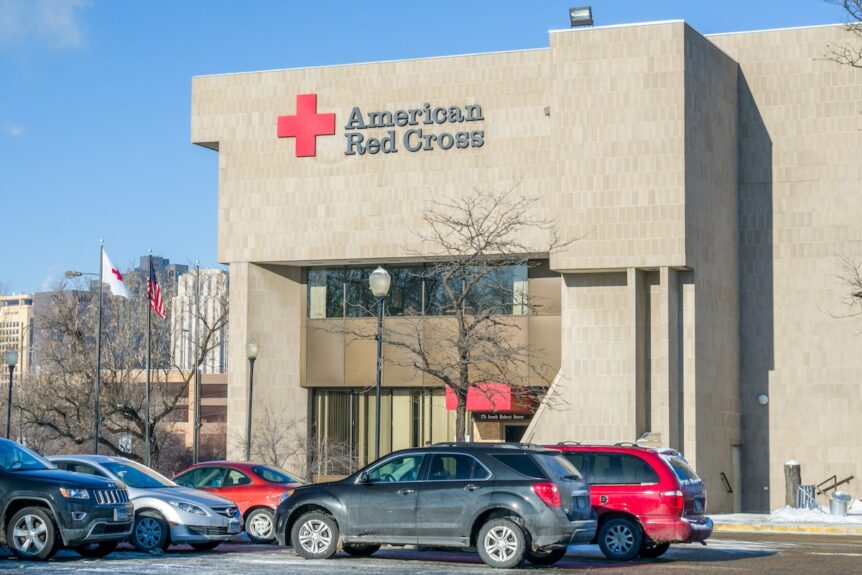The Red Cross said last year already that blood donations in the US were down due to extreme weather events – and it’s even worse this year.
Weather and Blood: What’s the Link?
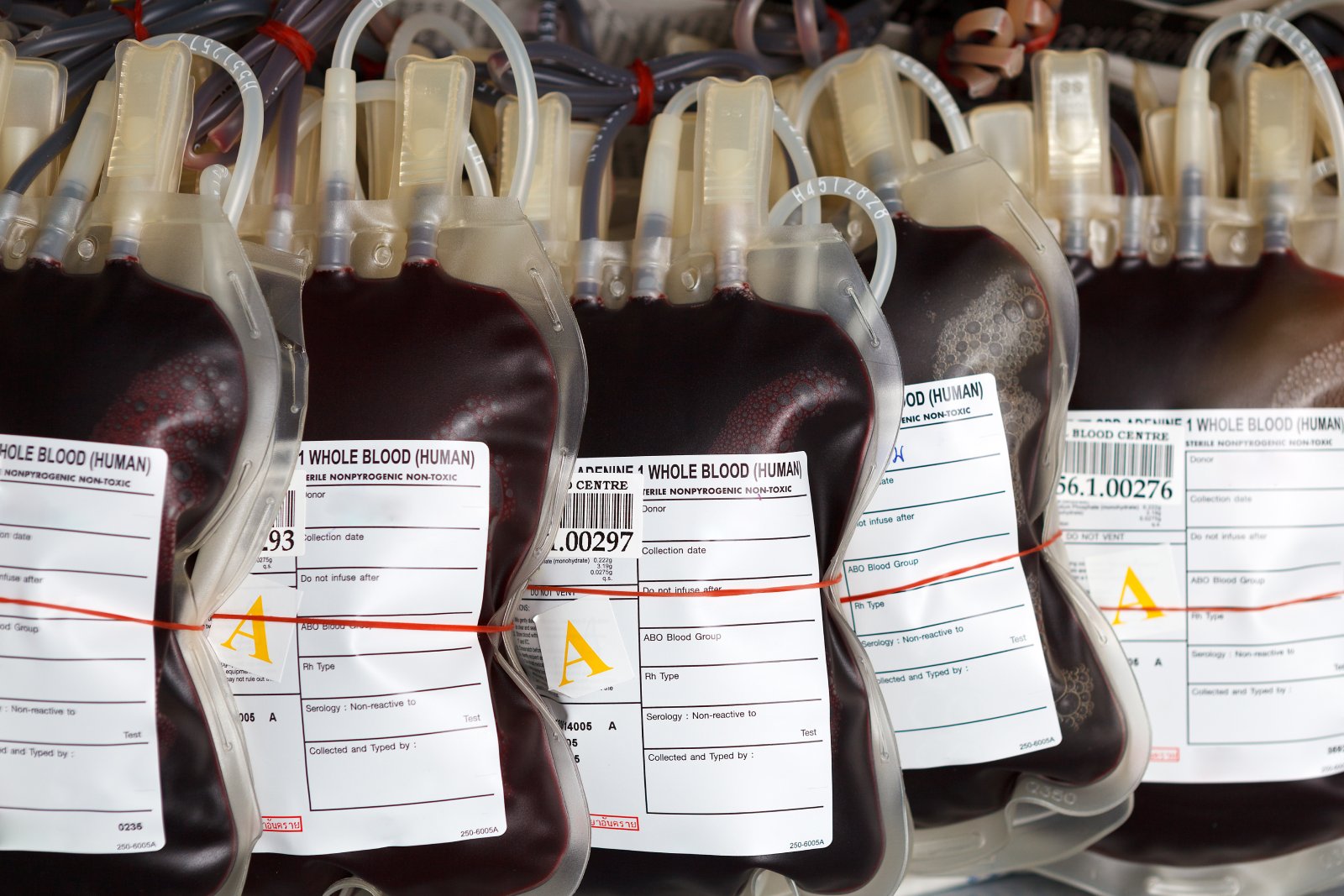
Image Credit: Shutterstock / Sura Nualpradid
Amidst all the extreme weather events plaguing the US, another problem has surfaced: a shortage of blood supply, according to the American Red Cross (ARC).
And this is the worst time for this issue, as the US is still recovering from flash floods and hurricanes, meaning the country is in a race against time to rebuild its blood supply – hopefully before the next major tragedy strikes.
Who is the ARC?
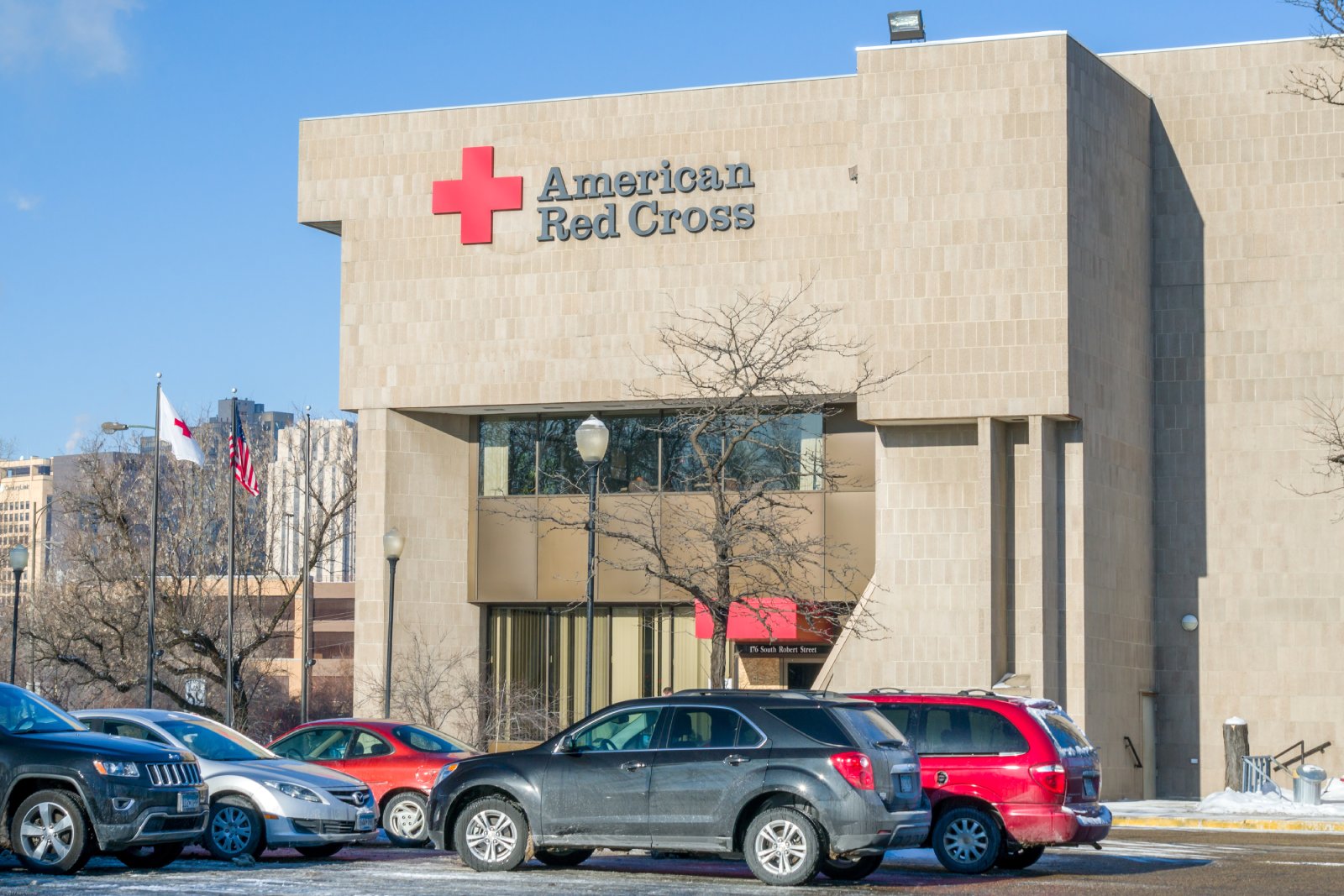
Image Credit: Shutterstock / Ken Wolter
The non-profit organization that is the ARC is responsible for supplying nearly half (approximately 40%) of the country’s donated blood and blood components, with volunteers working across the country to help with disaster recovery, ensuring donated blood is delivered where and when required, etc.
Please Don’t Wait

Image Credit: Shutterstock / Andrey_Popov
And as the ARC’s Executive Director, Sharon Kesselring, states, people are implored to book a time as soon as possible to donate blood to make sure that crucial medical care isn’t further impacted during this chaotic time.
Far Fewer Donations Than Usual

Image Credit: Shutterstock / Bacho
The extreme weather events, including Hurricane Debby which hit Florida earlier this month, according to Kesselring, “have forced the cancellation of dozens of blood drives in recent weeks, making it tougher for the blood supply to recover.”
Too Hot for Anything

Image Credit: Shutterstock / Pheelings media
Think about it: the hotter it gets in the US, the more heat warnings are issued, meaning fewer people are able (and willing) to go and donate blood.
In fact, July alone saw over 130 million US residents placed under heat advisory warnings, impacting nearly 100 of the ARC’s blood drives.
Another Bad Month

Image Credit: Shutterstock / EugeneEdge
And already in early August, 60 blood drives had to be canceled across the country thanks to the heat and other nasty weather events, says Rodney Wilson, the ARC’s senior biomedical communications specialist.
It’s a Worry
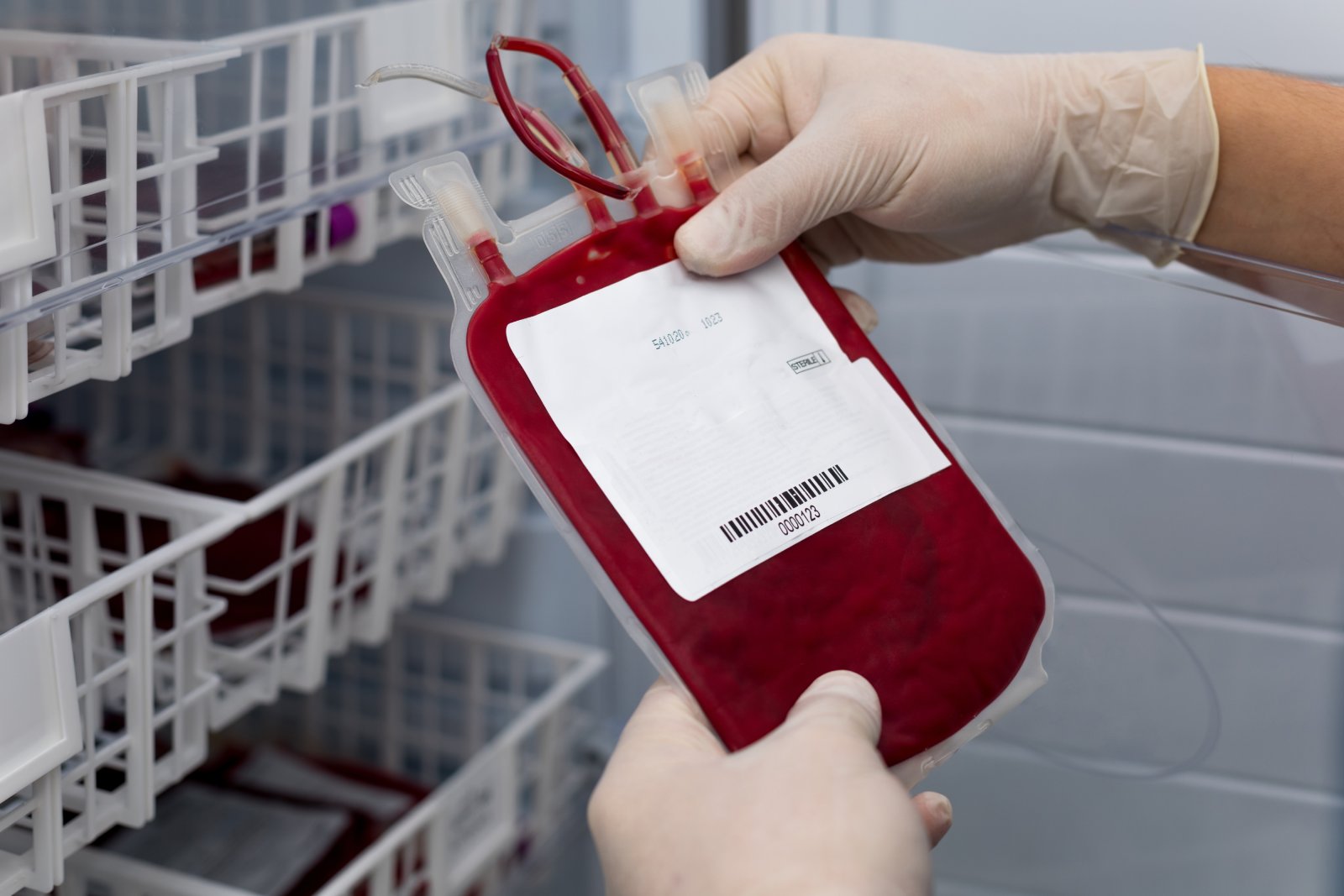
Image Credit: Shutterstock / Tereshchenko Dmitry
“Strained”, “lower than it should be” and “trending downward at concerning levels”, is how American Blood Centers, which manages over 600 blood collection facilities throughout the US, refers to the country’s blood supply this month.
Don’t Forget the Hospitals
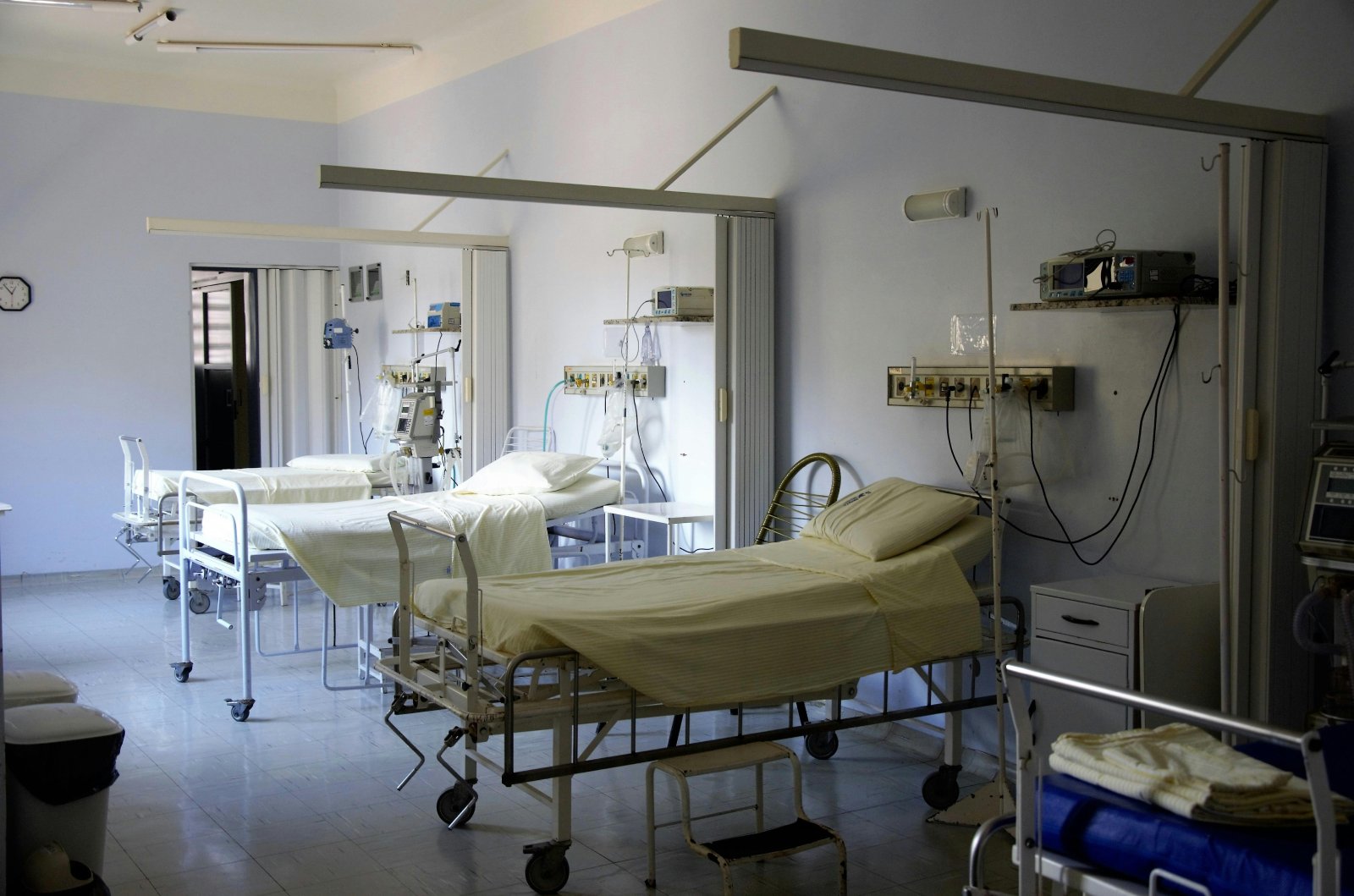
Image Credit: Pexel / Pixabay
The shortage of blood supply (which decreased by more than 25%) is also affecting hospitals, whose need for lifesaving blood remains constant.
Aside from collecting blood from donors across the country, the ARC also constantly works with hospitals to ensure patients’ blood requirements are met.
That’s a Lot
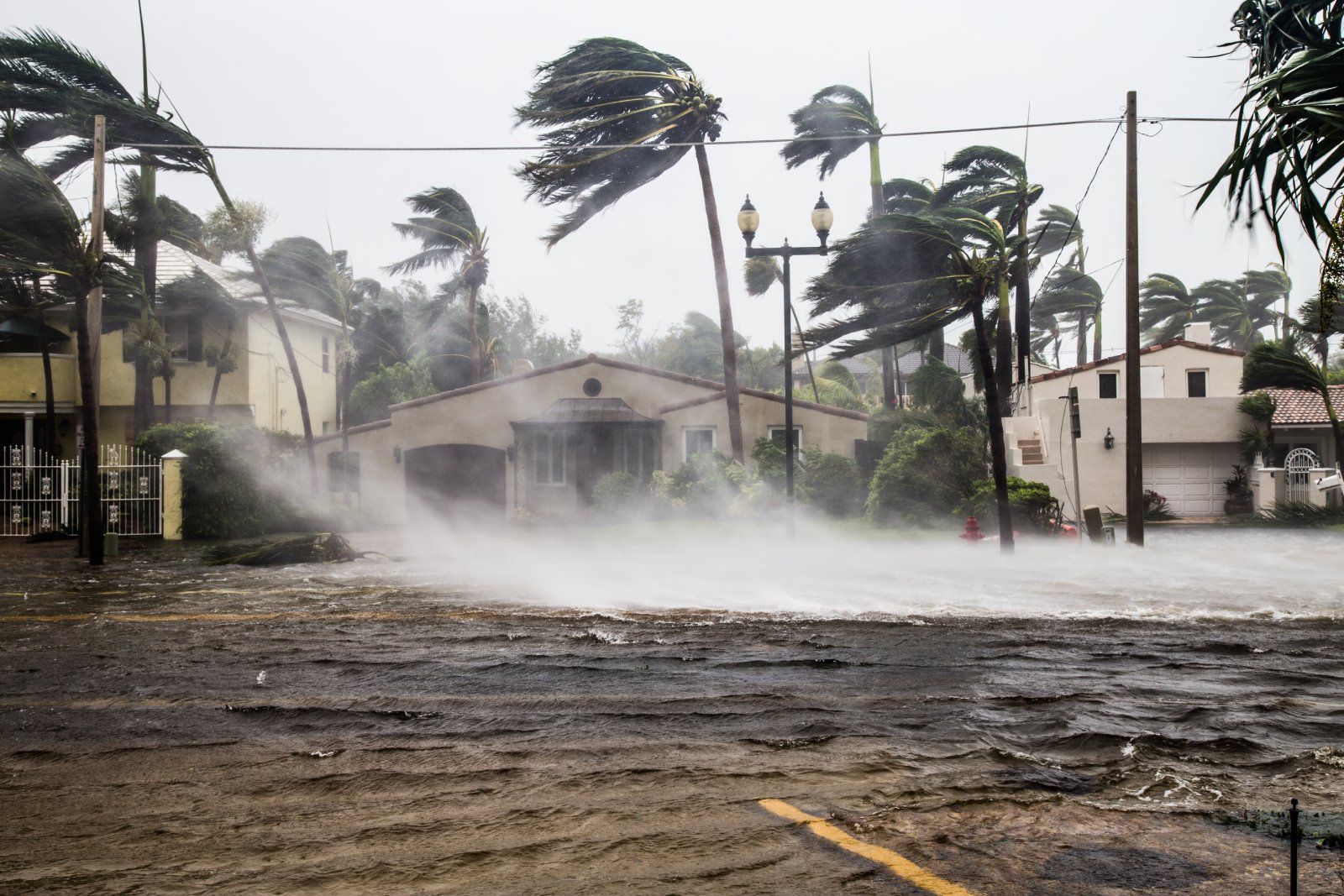
Image Credit: Shutterstock / FotoKina
Extreme weather events like floods, hurricanes, tornadoes, and blizzards affect, on average, about 90,000 blood donations to the ARC in a year.
Time Is of the Essence

Image Credit: Shutterstock / Maurice Volmeyer
The problem is also that blood has a short shelf life and can only be obtained from volunteer blood donors. Add just one disruption to the process of collecting blood for lifesaving situations and both hospital and patients are immediately impacted.
“O” No!

Image Credit: Shutterstock / PIJITRA PHOMKHAM
Blood type O, particularly, is in very low supply at the moment, causing the ARC to supply far less than usual to hospitals in recent weeks.
As Dr. Baia Lasky, division chief medical officer for the Red Cross, says: “Having type O blood products readily available is vital to providing timely and lifesaving care to patients in need.”
Repercussions Everywhere

Image Credit: Shutterstock / Gorodenkoff
Lasky also adds: “In fact, for a patient suffering massive blood loss, like an individual in a car accident or a mom experiencing a severe postpartum hemorrhage, group O is the most commonly transfused blood type. For trauma patients, each minute of delay can increase the chance of death by 5%.
In Dire Need
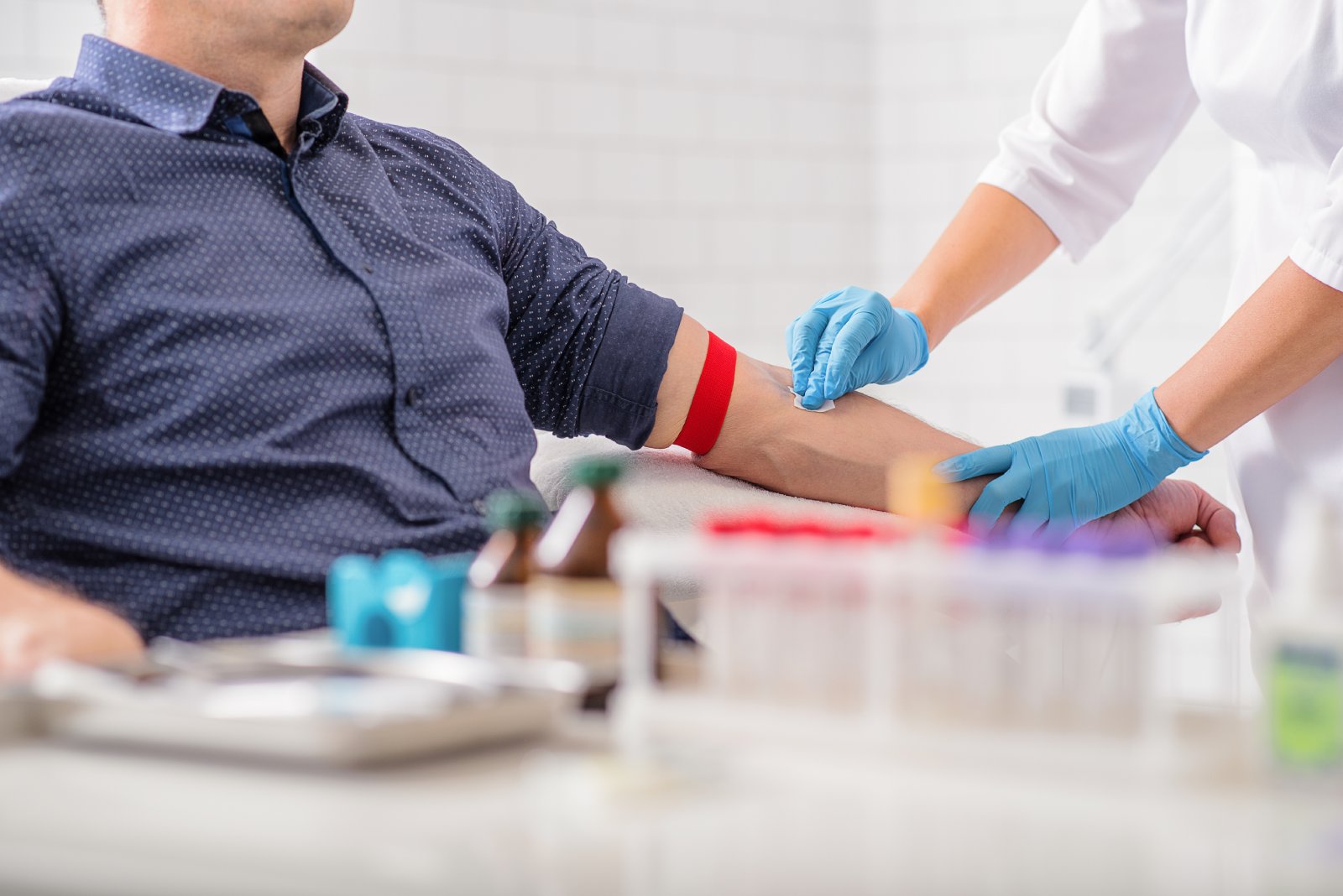
Image Credit: Shutterstock / Olena Yakobchuk
“We are asking potential donors – both regular and first-time donors – to make a commitment to donate blood or platelets at this time,” said John Hagins.
Hagins is chair of the AABB Interorganizational Task Force on Domestic Disasters and Acts of Terrorism, which was formed at the start of 2002 to ensure the effective management of blood-collection initiatives in response to acts of terrorism and domestic disasters.
You Can Help Someone

Image Credit: Pexel / Anete Lusina
“Donating now, or making an appointment to donate soon, will help to ensure that sufficient blood is available for all patients who need it,” he adds.
Not Just the Weather

Image Credit: Pexel / Gustavo Fring
Along with record-high heat and extreme weather conditions, other typical seasonal events, like holidays and travel, added to the deficit of over 19,000 blood donations throughout the US.
Worse This Year

Image Credit: Shutterstock / Lumen Photos
Rodney Wilson, the ARC’s senior biomedical communications specialist, claims that this summer’s canceled blood drives because of high temperatures and hectic weather surpasses last year’s: “That’s a very fast drop in just about a month, and that limits our ability to meet hospital requests for blood.”
A Shocking Shortage
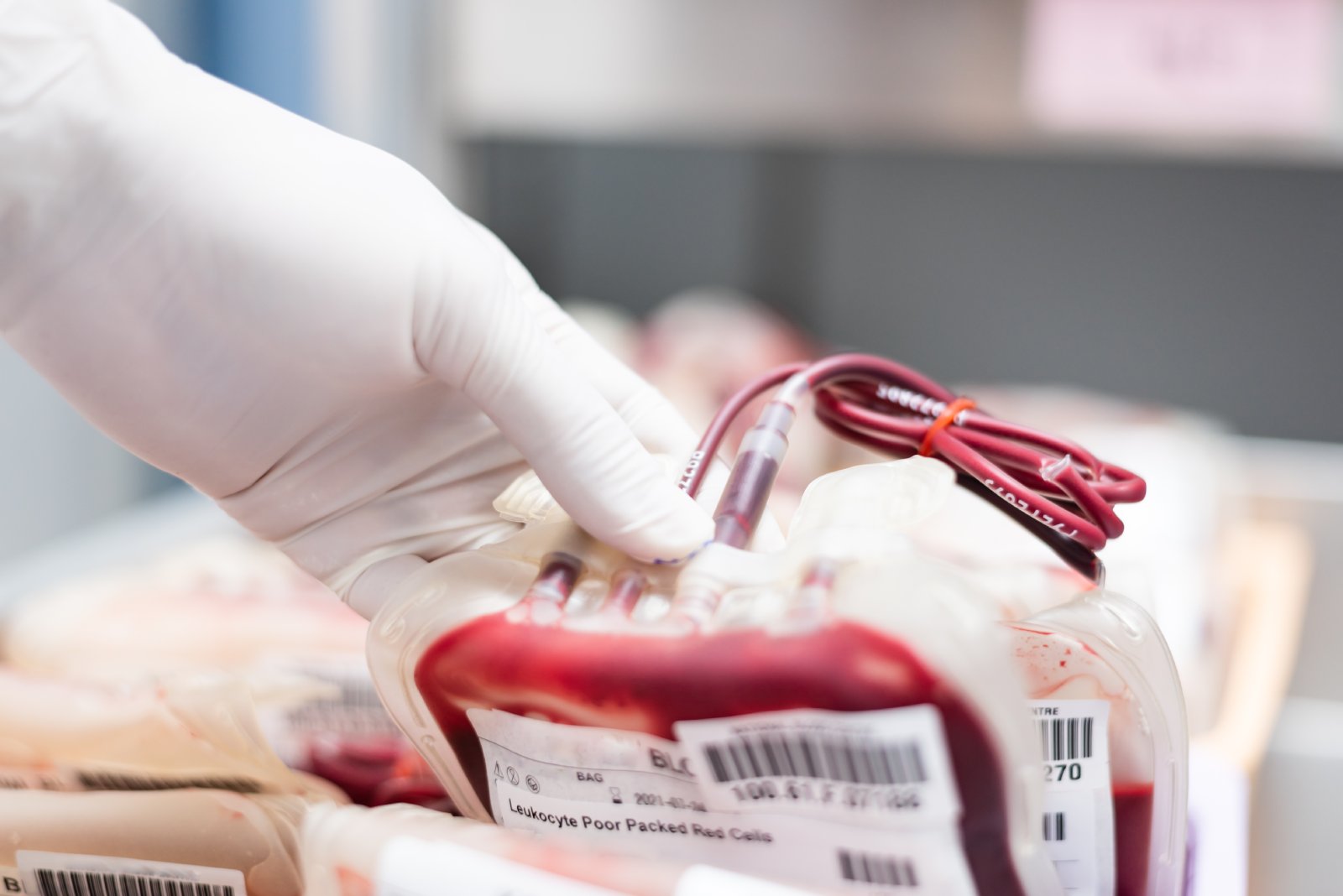
Image Credit: Shutterstock / Komsan Loonprom
Wilson adds: “So as hospitals request blood to treat patients, we’ve had to limit our distributions of some of those key types that they need the most, because there isn’t enough for everybody.”
Speaking of High Heat
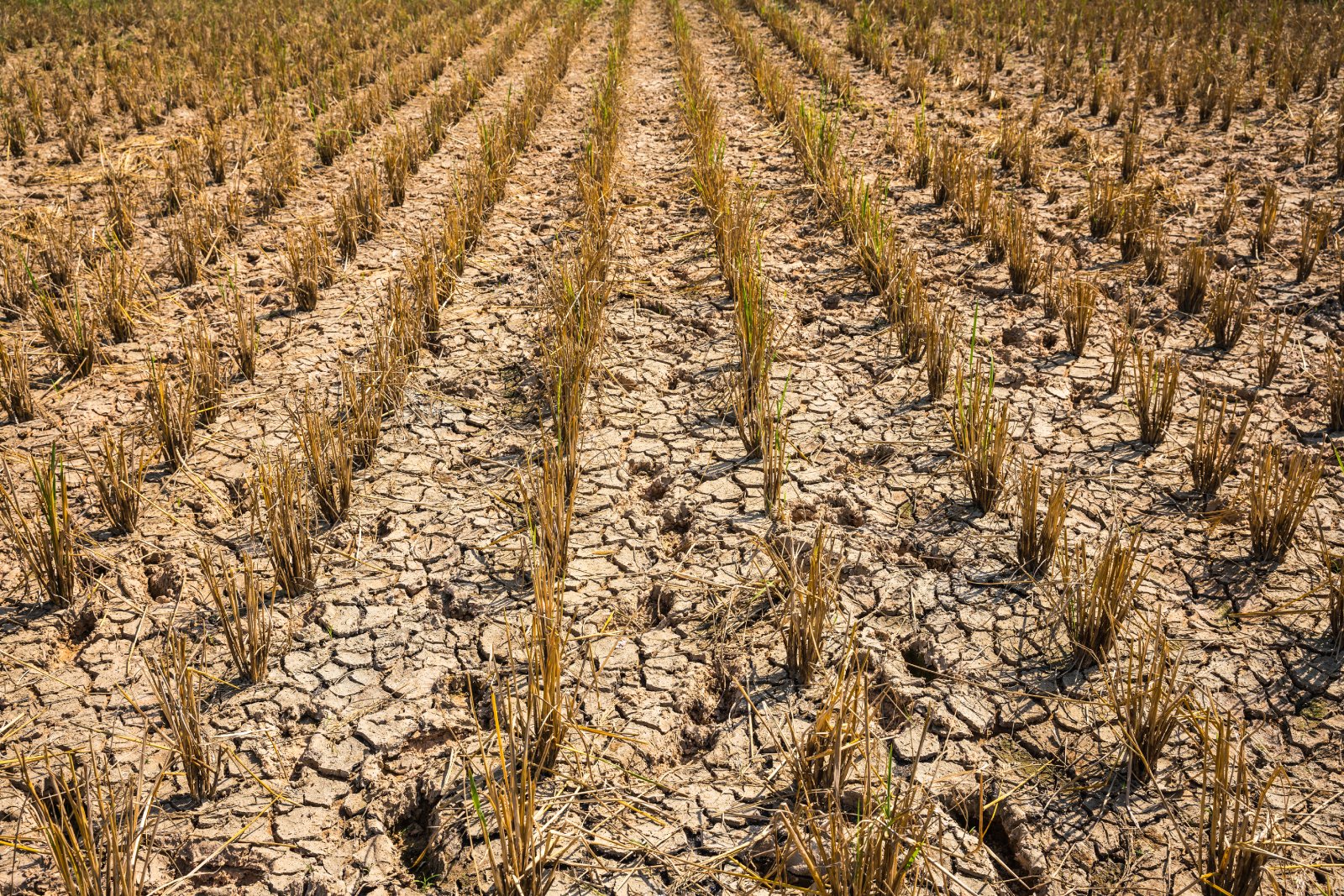
Image Credit: Shutterstock / Bule Sky Studio
Just last year, the US government released a report in which they claimed that their country is heating up faster than the rest of the world.
Among the report’s many findings, it also stated that global warming is affecting every region of the US, whether it’s heavy rainfalls leading to flooding (like in the northeast of the country) or extended drought conditions (like the southwest is currently experiencing).
They Don’t Call It Global “Warming” for Nothing
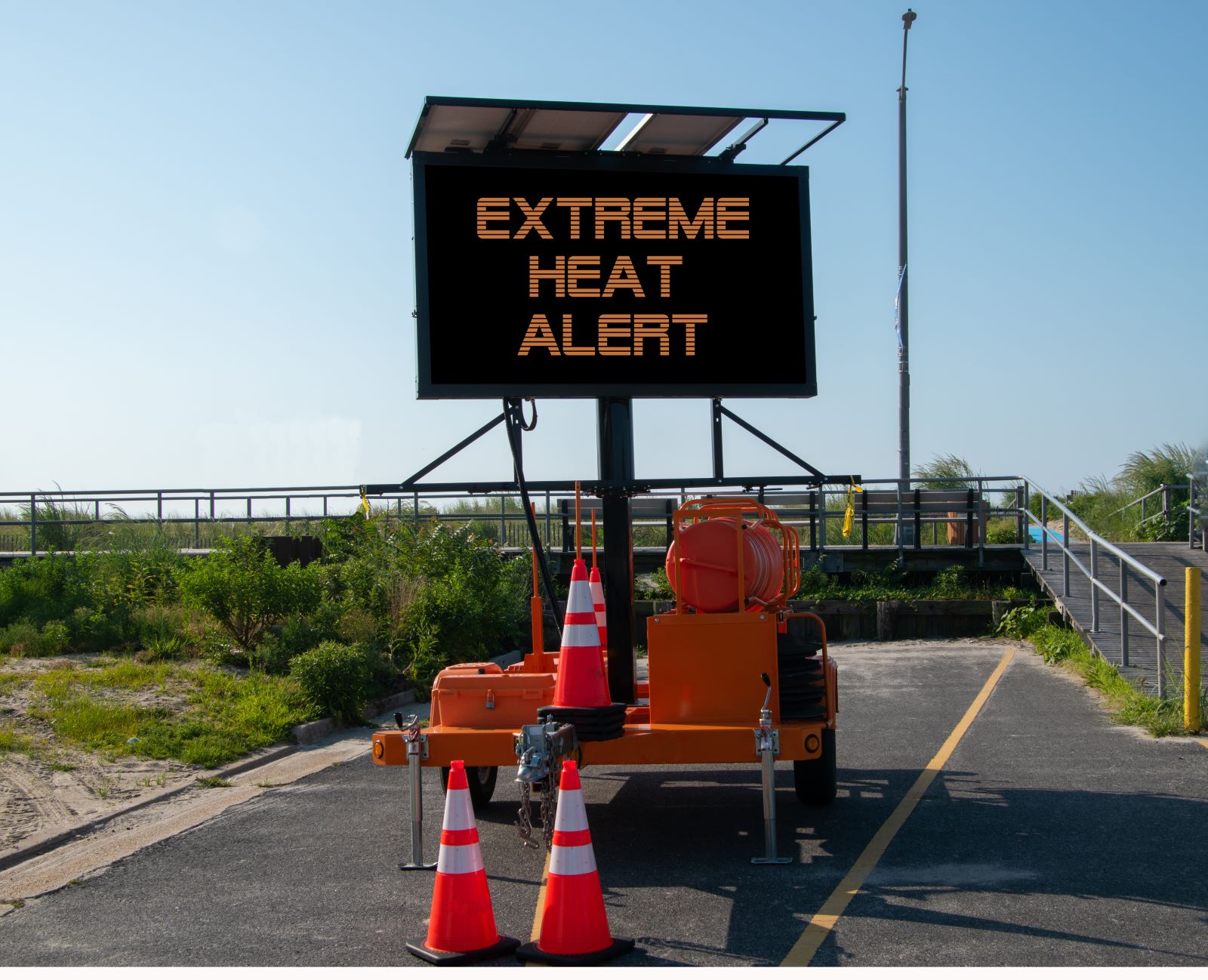
Image Credit: Shutterstock / Alan Budman
But out of all the extreme weather events, heat remains a constant factor as “across all regions of the US, people are experiencing warming temperatures and longer-lasting heatwaves.”
In fact, both nighttime- and winter temperatures are increasing at a faster rate than those in the daytime or during summer.
Doubled in 10 Years?

Image Credit: Shutterstock / Salivanchuk Semen
Of course, none of this is new, as the ARC already stated last year that they were experiencing almost twice as many big-scale disasters in the US as a decade before.
Constant Chaos
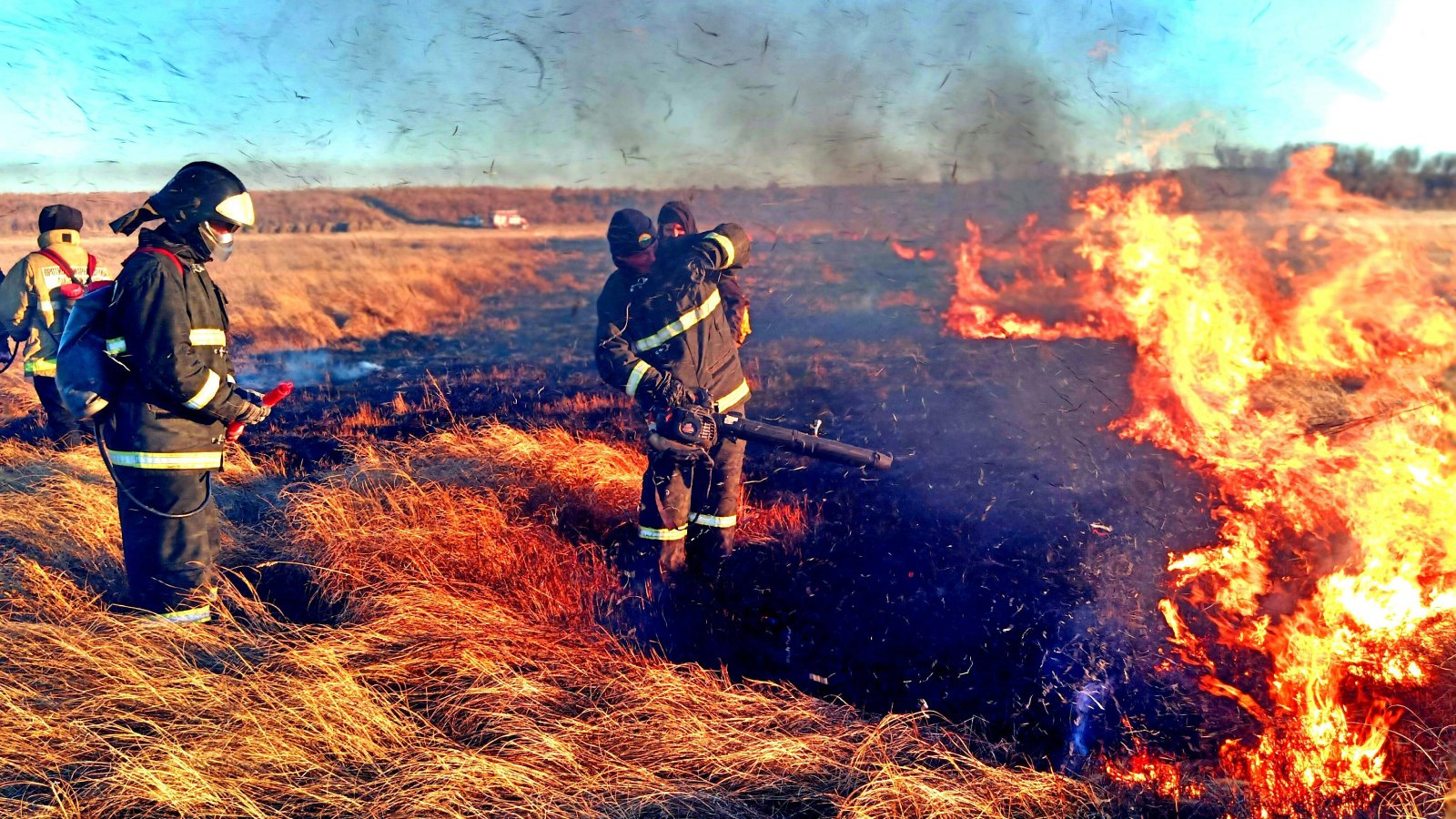
Image Credit: Pexel / RUSLEGIONER.LIVE
Dealing with weather disasters driven by climate change “almost every day of the year” as opposed to the usual schedule of wildfire-, hurricane-, or storm “seasons” was already a complaint of the ARC in 2023.
And one year later, that problem seems to have only worsened – just like the weather.
DeSantis in More Hot Water as Florida Floods, Again

Image Credit: Shutterstock / Andrew Cline
Florida residents are struggling this hurricane season, and many are pointing the finger at a certain Governor. DeSantis in More Hot Water as Florida Floods, Again
J.C. Penney’s Closures Signal the End of an Era in Retail

Image Credit: Shutterstock / Jonathan Weiss
Popular department store, J.C. Penney, has announced the closure of multiple stores across the country. This announcement reflects changes in the retail industry as online shopping becomes more popular. But how will these changes affect consumers and the future of in-store shopping? J.C. Penney’s Closures Signal the End of an Era in Retail
Michigan’s Governor Whitmer Lays Down the Law for HOAs

Image Credit: Shutterstock / Gints Ivuskans
Gretchen Whitmer has just taken on HOAs across Michigan. Who won? Michigan’s Governor Whitmer Lays Down the Law for HOAs
Featured Image Credit: Shutterstock / Ken Wolter.
The images used are for illustrative purposes only and may not represent the actual people or places mentioned in the article.

